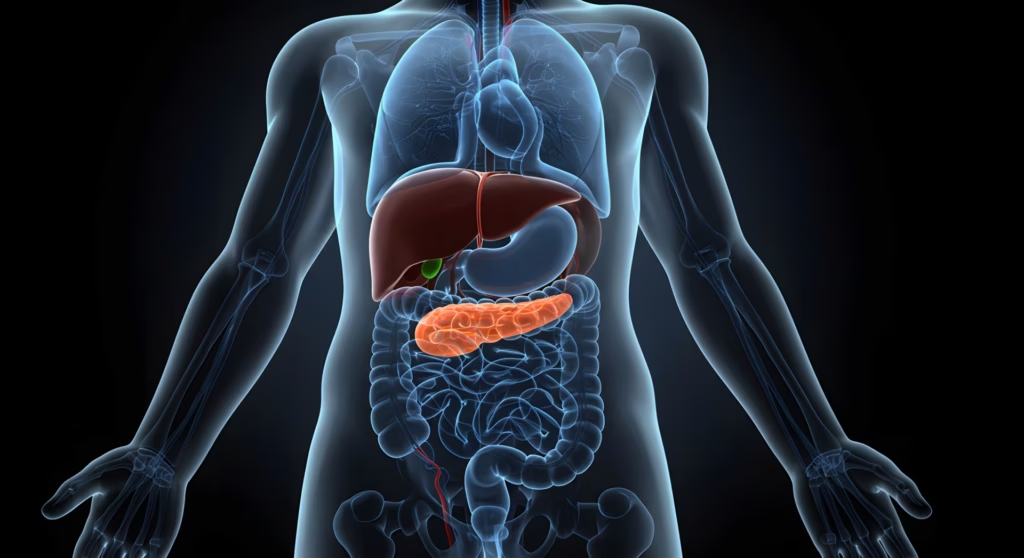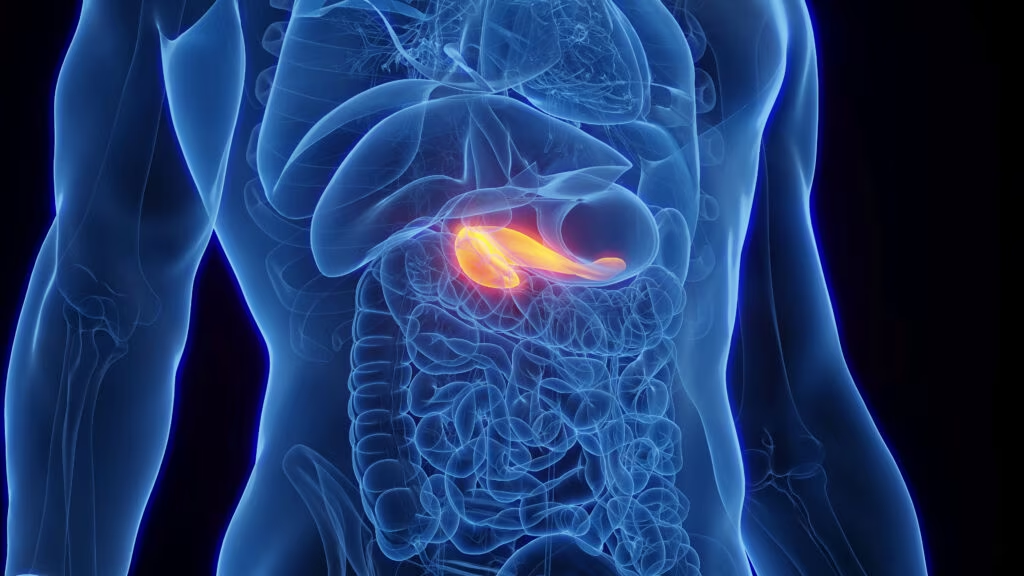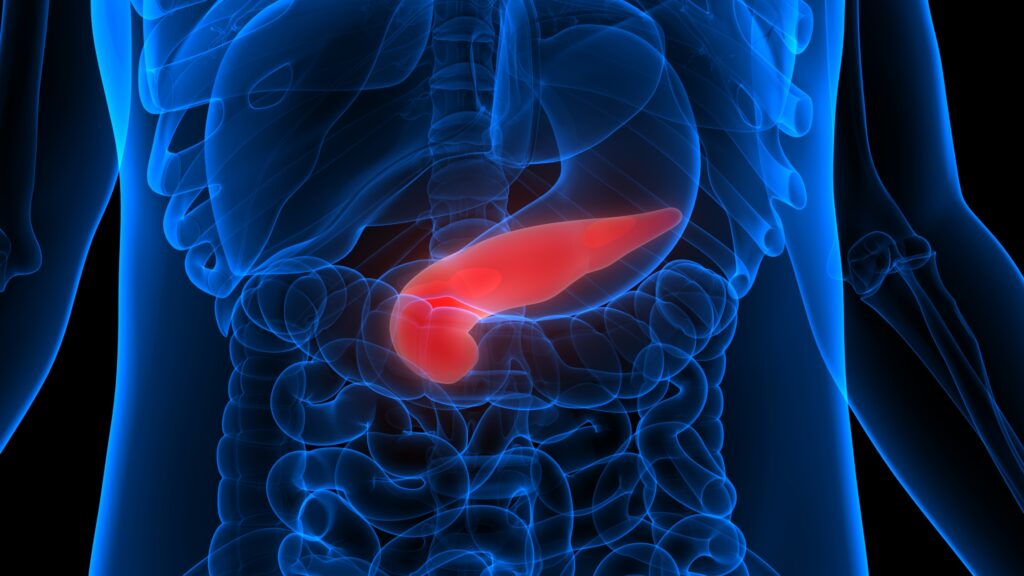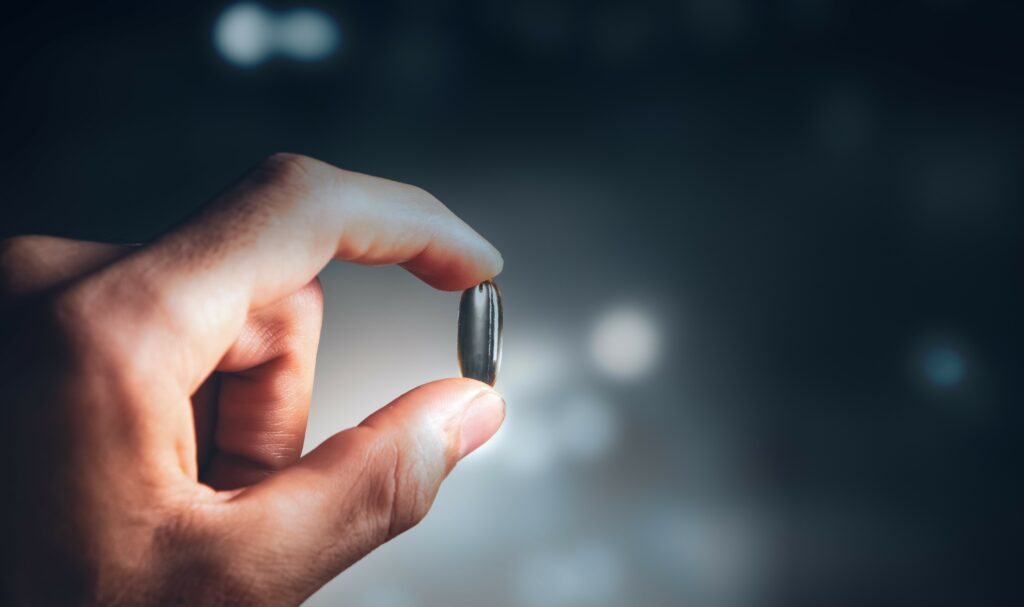Q. Why is there a need for a psychosocial approach to the management of diabetes?
Diabetes is a multifaceted disorder, which can impact every organ-system of the body. Apart from its biomedical complications, diabetes also influences the emotional, mental, and social domains of health. The lifestyle modification that is required to manage diabetes also creates discomfort, which in turn may be perceived as a burden. Poor psychosocial health may also impair biomedical health, and lead to suboptimal glycemic control. Thus, psychosocial wellbeing is a not only a desired target, but also a tool to achieving this target. To address all these issues, it is essential to view diabetes from a biopsychosocial prism. This helps us understand diabetes from a 360° perspective, and put in place management strategies which ensure comprehensive biomedical and psychosocial health.
Q. What are the benefits of mindfulness meditation as opposed to other holistic practices such as yoga?
MM is a mind–body medicine which is distinct from yoga. However, these is significant overlap between the two therapies. While yoga includes flexibility and balance exercises, MM is mind-based exercise. At the same time, it must be noted that yoga includes MM as one of the eight steps to achieve realization. MM may help to modulate neurocognitive, endocrine, cardiovascular, and immune function without physical activity.2 Thus, there are no locomotor or musculoskeletal contraindications or limitations to its usage.
Q. What specific effects of meditation may be beneficial for people with diabetes?
Though diabetes is a heterogenous disorder, with multiple clinical manifestations, its chronic complications occur due to vascular (endothelial) dysfunction. MM helps by improving the autonomic and endocrine regulation of vascular tone, thus leading to better cardiovascular health.3
The natural course of diabetes is also influenced by the brain. The neuro-cognitive relaxation experienced with MM can help reduce counter regulatory hormone levels. Muscle contraction and relaxation, which may be a part of MM, may assist in improving sensitivity at skeletal muscle insulin receptors.
Q. What evidence supports the benefit of meditation in people with diabetes?
MM in diabetes care is backed by evidence. Randomized controlled trials have demonstrated the efficacy of MM in improving glycemic control,4–6 managing painful diabetic neuropathy,7 correcting eating disorders, and alleviating depression.8 The benefits of MM on emotional distress and quality of life are also proven. MM has been found to be well accepted by participants in multiple studies.9 It can be used as a self-help strategy, and therefore could reduce the burden on health care systems.
Q. What are the potential negative effects of mindfulness meditation in people with diabetes?
One must be cognizant of possible adverse effects of MM. Authors have described negative effects such as “relaxation induced anxiety and panic”, paradoxical tension, and parasympathetic rebound. These effects occur with both short- and long-term meditation. Therefore, MM must be prescribed only after diligent screening, and should be monitored carefully. Persons with acute or unstable psychiatric conditions may not be good condition for MM.














